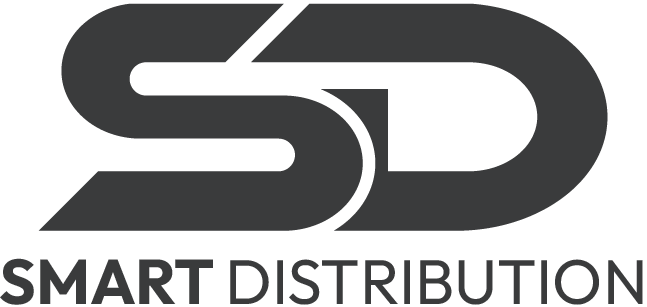Understanding the Need for Distribution Software
In today’s fast-paced and competitive business environment, efficient management of distribution operations is crucial for the success of any business, especially in industries such as FMCG, pharma, and general items. These sectors often involve complex supply chains, large volumes of transactions, and the need for real-time visibility into inventory and sales data. To address these challenges, businesses in the distribution industry are increasingly turning to advanced software solutions tailored to their specific needs.
The Benefits of Distribution Software
Distribution software offers a wide range of benefits for businesses operating in diverse sectors such as FMCG, pharma, and general items. These benefits include:
- Inventory Management: Distribution software provides robust inventory management capabilities, allowing businesses to track stock levels, monitor product movement, and optimize inventory turnover.
- Order Processing: Streamlining the order processing workflow is essential for distribution businesses. Software solutions automate and simplify this process, reducing errors and improving efficiency.
- Real-time Insights: With the help of distribution software, businesses can gain real-time insights into sales performance, stock levels, and customer preferences. This data-driven approach enables informed decision-making and proactive management.
- Route Optimization: For businesses involved in distribution, efficient route planning and optimization are crucial for minimizing transportation costs and enhancing delivery speed. Distribution software often includes features for route optimization, leading to cost savings and improved customer satisfaction.
- Compliance and Regulatory Support: In industries like pharma, compliance with regulations and quality standards is non-negotiable. Distribution software can assist businesses in adhering to regulatory requirements and maintaining meticulous records.
- Customer Relationship Management: Building and maintaining strong relationships with customers is a priority for distribution businesses. Software solutions often include CRM functionality to manage customer interactions, sales pipelines, and after-sales support.
Key Considerations for Selecting Distribution Software
When evaluating distribution software for FMCG, pharma, or general items businesses, several key considerations come into play:
- Industry-specific Features: It’s essential to choose software that caters to the unique requirements of the distribution industry, including batch tracking, expiry date management (critical for pharma), and handling of perishable goods.
- Scalability: As businesses grow, their software needs to scale accordingly. Selecting a solution that can accommodate future expansion is vital for long-term success.
- Integration Capabilities: Seamless integration with existing systems such as ERP, accounting, and CRM software is crucial for ensuring data consistency and eliminating silos.
- Mobile Accessibility: In today’s mobile-driven world, having access to distribution data on the go is invaluable. Mobile-friendly software empowers field staff and decision-makers alike.
- Support and Training: A reliable support system and comprehensive training resources are essential for successful implementation and ongoing utilization of the software.
- Cost and ROI: While cost is a significant factor, it’s essential to assess the long-term return on investment offered by the software, considering its impact on efficiency, productivity, and customer satisfaction.
By carefully evaluating these considerations and selecting the right distribution software, businesses can streamline their operations, enhance customer service, and gain a competitive edge in the dynamic market landscape.
